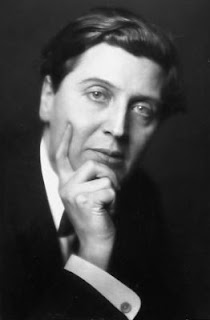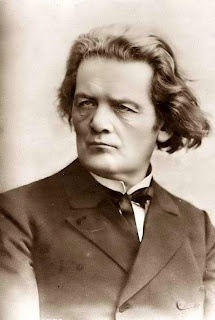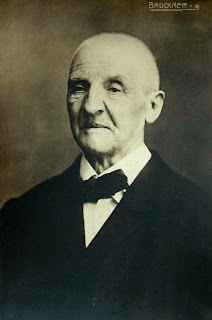Information
Composer: Alban Berg; Wolfgang Rihm
- Berg - Violin Concerto "To the Memory of an Angel": 1. Andante - Allegretto
- Berg - Violin Concerto "To the Memory of an Angel": 2. Allegro - Adagio
- Rihm - "Gesungene Zeit": 1. Beginning: quasi senza
- Rihm - "Gesungene Zeit": 2. Takt 179: meno mosso
Anne-Sophie Mutter, violin
Chicago Symphony Orchestra
James Levine, conductor
Date: 1992
Label: Deutsche Grammophon
http://www.deutschegrammophon.com/en/cat/4370932
----------------------------------------------------------------------------
Mutter’s expressive, impassioned account of this concerto, recorded in 1992, is one of her greatest achievements on disc, a triumph both technically and interpretively. The concentration she brings to the task, the telling way she characterizes the kaleidoscopic moods through which the concerto passes, is something to marvel at—she grasps this extraordinary, complex piece whole, at the same time revealing its most minute details with unprecedented clarity. Levine and the Chicago Symphony rise to the occasion with playing of immense power and brilliance, and the recording is first-rate.
------------------------------------
Berg's Violin Concerto (1935) is considered by many the most accessible and emotionally engaging piece of music in the atonal idiom. His last completed work, the concerto was written as a memorial "to an angel" upon the premature death of Alma Mahler's daughter Manon Gropius. But as with all of Berg's oeuvre, an autobiography of the composer's inner life is also thoroughly woven into the score. From the deeply reflective nuances of its quiet opening, Anne-Sophie Mutter takes the listener into the heart of Berg's ambiguous lyricism. There's a keen grasp, both by soloist and conductor James Levine, of the work's intricate structure and progression, but never at the price of a coldly disengaged intellectualism. Mutter summons a marvellous array of shadings and colours, effecting a truly haunting impression as tonality makes its ghostlike apparition, first in the guise of a folk song and, in the final part--following a violent cataclysm rendered with fiery power--in the variations on a quote from a chorale by Bach. Throughout, Mutter's intuitive realisation of the psychic journey traced by Berg reveals the work's significance as closer in spirit to a requiem of farewell than a traditional concerto. Mutter's command of an animated tone that pulsates with expressive purpose inspired the contemporary German composer Wolfgang Rihm to write the other work on this disc, Gesungene Zeit ("Time Chant"). It's a mesmerising neo-expressionist poem of shimmering, elongated string lines--later punctuated with dire eruptions from full orchestra--that seem to form an ether over which the soloist floats. Any sense of time measured in bars becomes negated as Mutter intones Siren-like threads of sound in the highest register. As with the Penderecki Violin Concerto No. 2 and other contemporary works she champions, Mutter plays with a gripping immediacy that indeed makes Rihm's imaginative novelty seem tailor-made for her.
-- Thomas May
More info & reviews:
http://www.gramophone.co.uk/review/bergrihm-works-for-violin-and-orchestra
http://www.classical-music.com/review/bergrihm
http://www.amazon.co.uk/Berg-Violin-Concerto-Anne-Sophie-Mutter/dp/B000001GH9
http://www.gramophone.co.uk/review/bergrihm-works-for-violin-and-orchestra
http://www.classical-music.com/review/bergrihm
http://www.amazon.co.uk/Berg-Violin-Concerto-Anne-Sophie-Mutter/dp/B000001GH9
----------------------------------------------------------------------------
Alban Berg (February 9, 1885 – December 24, 1935) was an Austrian composer. He was a member of the Second Viennese School with Arnold Schoenberg and Anton Webern, and produced compositions that combined Mahlerian Romanticism with a personal adaptation of Schoenberg's twelve-tone technique
http://en.wikipedia.org/wiki/Alban_Berg
http://en.wikipedia.org/wiki/Alban_Berg
***
Anne-Sophie Mutter (born 29 June 1963) is a German violinist. Supported early in her career by Herbert von Karajan, she has built a strong reputation for championing contemporary music with several works being composed specially for her. She owns two Stradivarius violins (The Emiliani of 1703, and the Lord Dunn-Raven Stradivarius of 1710), a Finnigan-Klaembt dated 1999 and a Regazzi, dated 2005.
----------------------------------------------------------------------------
FLAC, tracks
Links in comment
Enjoy!
































